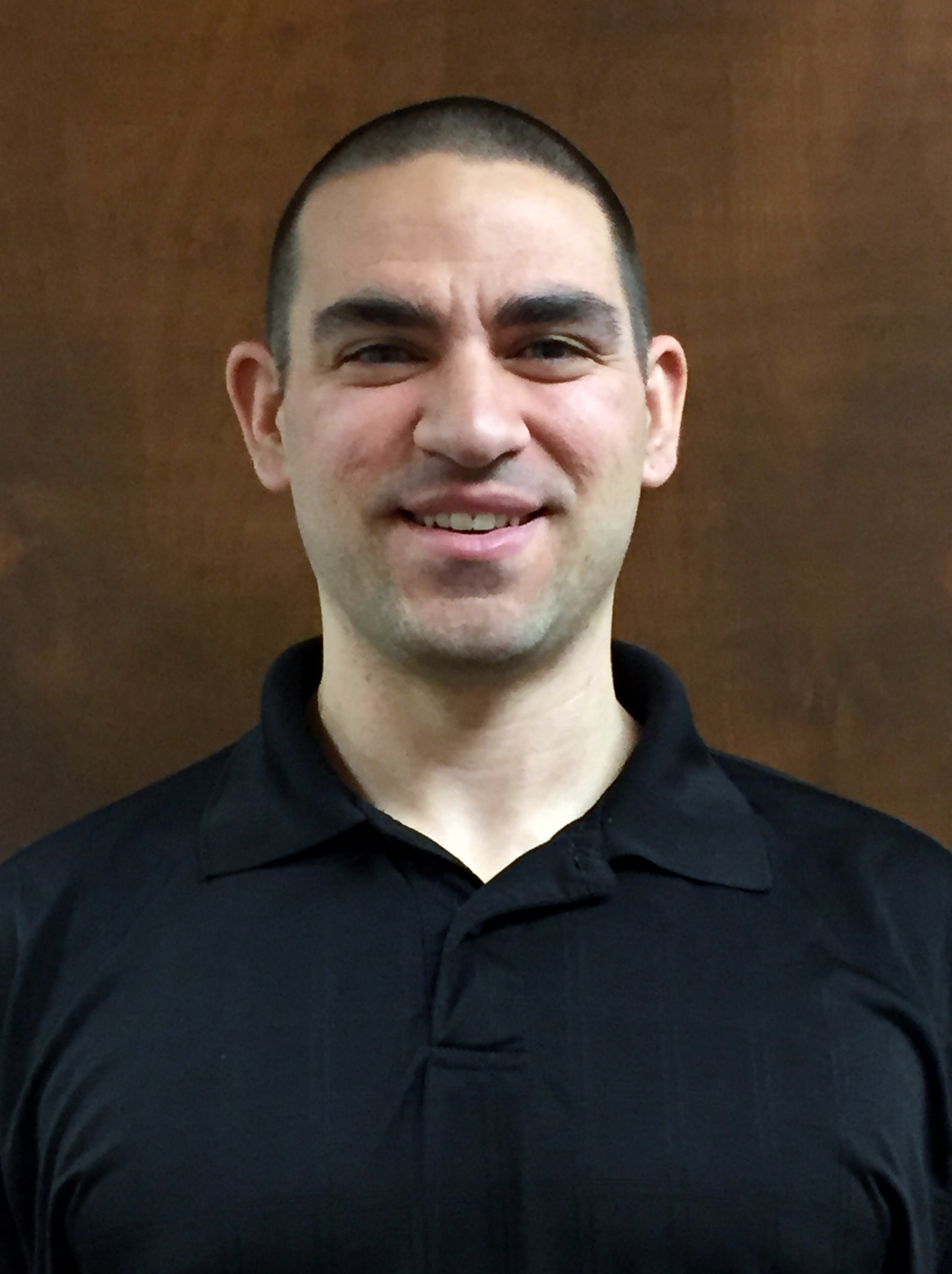Media and Problem Gambling Posted On
Have you heard? Media is everywhere! Media literacy is integral to keeping yourself and your family safe from problem gambling.
Our Lives and Media
Media is can be found everywhere in our daily lives. From advertisements on Facebook and TV commercials, to seeing logos on shirts, shoes and cars, media is everywhere. Whatever feelings these advertisements draw out of us, they are pulling our attention and shaping how we view the world.
The media exposure plays a role in community beliefs. All media has a call to action, which is something the creator wants the consumer to do. This is the whole purpose of media. Purchasing an item, following a cause, or choosing a place to vacation are examples of a media’s call to action. The more we’re exposed to an advertisement, the more likely we are to follow through on their call to action.
Media and Problem Gambling
A person who’s trying to avoid gambling opportunities will find great difficulty. From commercials and news reports about the newest lottery jackpots, to the unavoidably attractive and colorful massive displays of scratch-offs at local gas stations and grocery stores, gambling media is everywhere. Enjoying apps on personal devices can expose you to gambling advertisements and articles about offers for casinos and gambling apps. Gambling advertisements include pop-up ads, news feed ads, or links in different articles we read. A person struggling with problem gambling exposed to these ads may feel increasingly triggered to gamble.
Everyone is susceptible to gambling media. Someone who’s never gambled before may be drawn to gamble because of the attractive ads and free start-up cash offers. Exposure to these types of advertisements can lead to additional gambling opportunities, which can lead to increasing problems with gambling. Finally, someone in recovery from problem gambling may find great difficulty avoiding gambling triggers because these media triggers are everywhere.
Taking Charge of Media
There are three options for dealing with the problem of excessive media. Option 1 is to completely avoid media. Unless you plan to live completely cut off from society, completely avoiding media is more or less impossible.
Option 2 is to become media literate. Increasing skills in media literacy is a great way to better understand media. First, you’ll need to understand what media is. To be super-simple, media can include logos, advertisements, and different forms of news articles. The second part of media literacy is learning how to analyze the media. Identify what the creator of the media you’re exposed to is hoping to get by creating it. Finally, you need to decide if this media is beneficial or detrimental to you, your family and your community.
Option 3 is be selective in media exposure. Some media is difficult to avoid seeing, such as road-side billboards, but many other types of media are avoidable. Think about what radio and TV channels you expose yourself to. Think about the content you click on and like on search engines and social media sites. Taking control of the media exposure will improve the impact media has on your life.
If you have trouble avoiding the media’s endless temptations to gamble, please reach out for help! You are not alone in your struggle with problem gambling. You can find local treatment providers and other options for help by contacting the NYS HOPEline at 1-877-8-HOPENY (or 1-877-846-7369).

